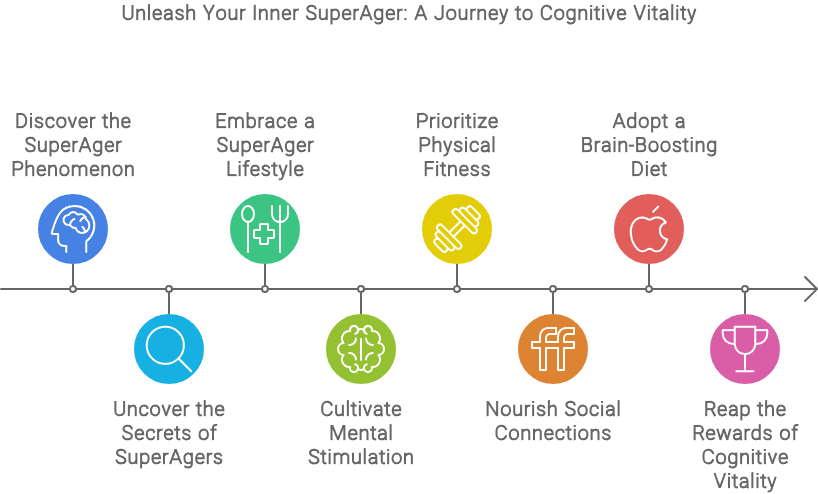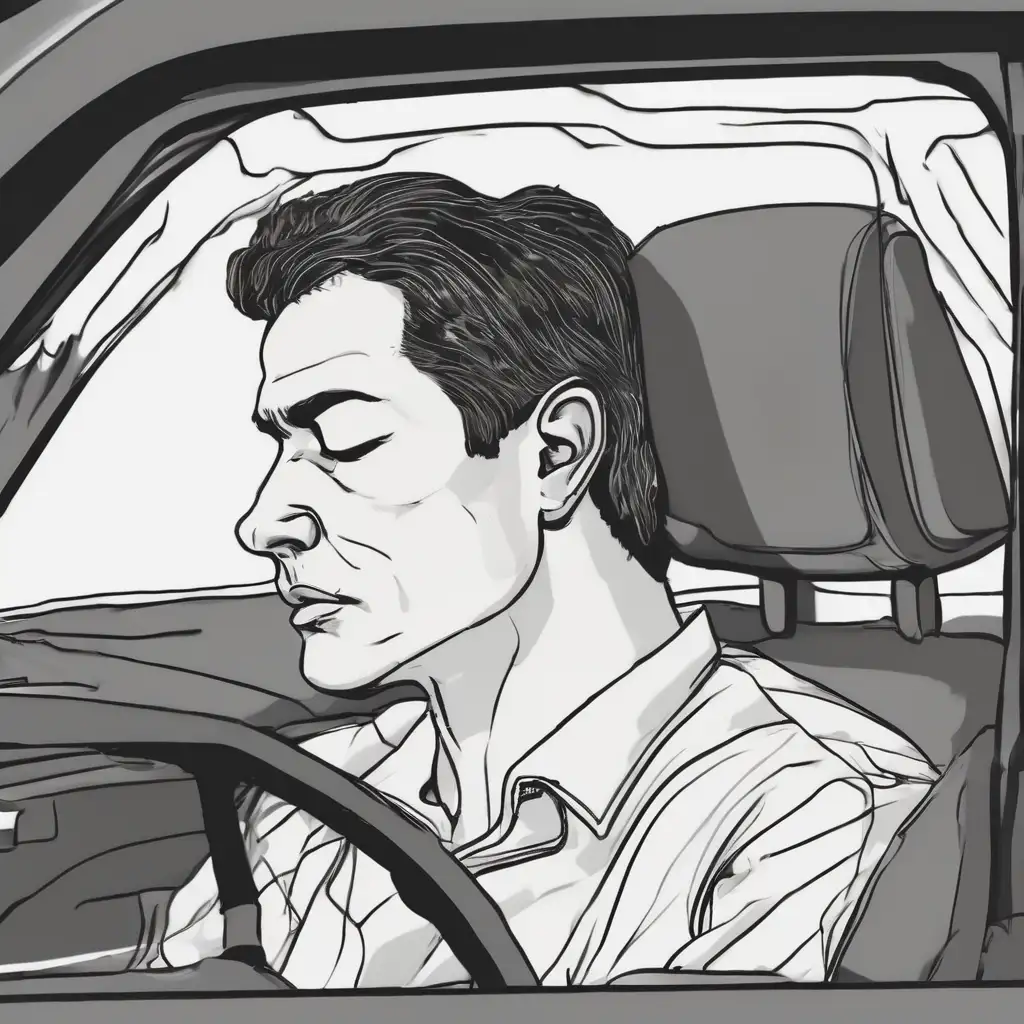Whether you’re feeling exhausted from the stress of working too hard or just need to recharge, finding a good night’s rest can make a world of difference. In this post, we show you how to sleep better at night by creating a good night’s rest schedule. We also give you tips on how to relax your mind and body, and provide you with some natural remedies for insomnia and sleep like a child.
Sleep deprivation has been linked to a wide variety of health problems, including obesity, heart disease, diabetes, and cancer. It also increases our risk of accidents and injuries. Lack of sleep can make us more irritable and moody, and can impair our judgment and decision-making skills. It can also lead to anxiety and depression.
Start by Identifying the Problem of Sleeplessness
It’s no secret that many people are battling sleep deprivation. People felt better when they’re getting enough sleep and feel worse when they didn’t get enough. One of the first steps in addressing sleep problems is to first diagnose them. Some of the most common difficulties that people face daily causes of poor sleep include stress, too little physical activity, too much caffeine, alcohol, and anxiety.
Millions of people all over the world struggle to get a good night’s sleep, and these conditions often make it difficult to function during the day. Insomnia can cause fatigue, irritability, and difficulty concentrating, while anxiety can lead to chest pain, dizziness, and shortness of breath. Fortunately, there are steps that people can take to address these issues. Insomnia, the inability to sleep, is a problem that plagues people of all ages. Many factors can cause it, including stress, anxiety, medications, and health issues. When insomnia becomes a chronic issue, it can lead to other health issues, such as obesity, high blood pressure, and heart disease. There are many treatments for insomnia, including behavioral therapy, medication, and relaxation techniques.
Analyze the Problem of Sleeplessness
To begin with, I would recommend taking a hard look at the sources of your sleeplessness. Have you had an unusually stressful week? Are you in a stressful situation? Do you have any physical ailments that are contributing to your sleeplessness? Are you trying to achieve something you have no real motivation or drive behind? There’s nothing wrong with having dreams or aspirations, but if you don’t have a reason to go after them, your goals will fall by the wayside and the chances of you getting there increase substantially.
Implement the Solution
Sleep is one of the most important things in our lives, yet it is often the first thing to go when we are busy. We sacrifice sleep for work, errands, and social activities, but this is a mistake. Sleep is crucial for our physical and mental health, and without enough of it, we can experience negative consequences. If you’re ready to finally get some sleep, here’s how to overcome the barriers that prevent you from falling asleep at night.
Let’s see some tips for Sleep like a child;
Avoid Caffeine and Alcohol Before Bed:

Caffeine and alcohol may seem like good ideas while you’re casual partying. People who consume caffeine and/or alcohol before bedtime are at risk of sleep deprivation. Caffeine stimulates your brain and keeps you awake. Alcohol affects your sleeping patterns. Your body will be too tired to fall asleep when you are under the influence of caffeine or alcohol. You may wake up in the middle of the night and toss and turn until you finally fall asleep.
Keep a Consistent Sleep Schedule:
The human body is a machine that runs on routine. When everything is scheduled and predictable, the body can operate with maximum efficiency. Therefore, it is important to go to bed and wake up at the same time every day. If you are constantly changing your sleep schedule, your body can never get into a rhythm. You will be tired all the time and feel like you can’t catch up. By establishing a regular sleep schedule, you will get the most out of your days.
Most adults need around eight hours of sleep a night, but many people don’t get the recommended amount of sleep. One reason for this might be inconsistency in bedtime and wake time. When you keep a consistent sleep schedule, your body will better regulate its natural sleep rhythm. This means you’ll fall asleep more easily and have less trouble staying asleep. Consistent sleep also benefits your mood, energy level, and cognitive function.
Use Relaxation Techniques Before Bed:
People who use relaxation techniques before bed had better sleep quality than those who did not use any relaxation techniques. There are many relaxation techniques that can be used before bed. Some people prefer to listen to calming music, while others may prefer to read a book. Taking a hot bath or shower can also be a relaxing way to prepare for bed. Some relaxation techniques that may be helpful to include deep breathing, visualization, progressive muscle relaxation, and mindfulness. It is important to find what works best for you and try to stick with the same routine each night.
Sleeping Meditation for Better Sound Sleep:

Before you go to bed at night, you should try to meditate. Meditation is an ancient practice which involves focusing on your breathing. It helps you to clear your mind and relax. You should find a quiet place where you can be alone. This can be your bedroom or any other room in your house. You should also find a comfortable position that you can use while meditating. You can meditate sitting up or lying down.
Sleeping meditation is a type of meditation that can be done before bed to help clear the mind and relax. It is simple–all you have to do is find a comfortable place to sit or lie down, and focus on your breath. As you breathe in and out, allow all other thoughts and distractions to disappear until you are only focusing on your breath. You may find that your mind wanders – when this happens, simply bring your focus back to your breath. You can do this for anywhere from 10 to 15 minutes until you see a clear sign of your mind wandering. When you feel that the mind has wandered, simply bring your focus back to your breathing.
Create a Comfortable Environment:
When you are trying to get to sleep, you might think that the environment in your room has nothing to do with the quality of your sleep. But the environment of your room can actually affect the quality of your sleep. The temperature of your bedroom matters. You don’t want it to be too warm or too cold. You want it to be comfortable. If it’s too hot, consider using a fan or air conditioner or any available cooling methods. You can also use a fan to keep the room cool. Make sure your room is dark, quiet, and cool.
If the room is too hot, you should wear light clothing. Light clothing helps you to stay cool. If the room is too cold, wear layers of clothes. Layers of clothes help you stay warm. If it’s too noisy, try using earplugs or headphones. And if it’s too bright, consider using blackout curtains or an eye mask.
Use the Bedroom for Sleep, Avoid Working or Watching TV in Bed:
We should reserve your bedroom for sleep. Working or watching TV in bed can disrupt your sleep habits. Your body associates the bed with being awake and alert, which can make it harder to fall asleep and stay asleep. Spending time in bed doing anything besides sleeping can make it harder to fall asleep and get a deep, restful slumber.
Exercise Regularly:

If you don’t exercise, your stress hormones will remain high and that will affect your sleeping patterns. You’ll probably have trouble falling asleep. When you don’t exercise, your body will produce a lot of adrenaline, which makes it difficult for you to fall asleep. It takes the body a lot of time to get rid of adrenaline. When adrenaline is released, you may be able to feel stressed. So, if you don’t get enough sleep, your body will be stressed, and you’ll have difficulty falling asleep.
Exercise is great for the mind and body. You can get rid of stress and stay focused on other things while you exercise. It is very important to have a healthy lifestyle. Exercise has been shown to help improve sleep quality. When you exercise regularly, your body releases endorphins, which have a calming effect and can help you fall asleep more easily. Exercise also helps improve your sleep efficiency, meaning you spend more time in deep, restful sleep stages.
Manage Stress:
It is well-known that stress can lead to poor sleep, which in turn can lead to problems such as impaired cognitive function and reduced productivity. The first step in managing stress is recognizing the signs and symptoms of stress. Once you are aware of how stress is impacting your life, you can begin to implement strategies to address the problem. Stress management techniques include relaxation exercises, positive thinking, and a healthy lifestyle. Relaxation techniques include meditation, deep breathing, and yoga. You should try to relax for at least 15 minutes every day. The next thing to do is to think positively. This will help you feel better about yourself. You should always endeavor to see the good things in your life, instead of focusing on the bad. In addition, it is important to create a relaxing bedtime routine and avoid using electronic devices in bed. If stress continues to be a problem, seek professional help.
Eating Habits:

If you’re feeling stressed out, try to get a good night’s sleep first, instead of eating to make yourself feel better. If you feel you need to eat for emotional reasons, try to avoid eating foods that aren’t healthy. Try to choose foods that are packed with protein and nutrients. These foods will keep you feeling fuller and satisfied longer. Eating unhealthy foods will only cause you to gain weight and eat more. The foods you choose must contain carbohydrates, fiber, and protein foods. When you eat these kinds of foods, you will feel full and satisfied, even if you eat little.
It is okay to eat a bit of something while you are getting ready for bed. Just make sure that it’s not too much, or it might be too late. If you eat too late at night, it might interfere with your sleep. If you eat too late, your sleep may be disrupted. Your sleeping pattern will be altered, and your body temperature will increase during the night. You may be more likely to get sick.
Question Answer:

1. How to sleep better at night naturally?
There are a few things you can do to help you sleep better at night naturally. One is to establish a regular sleep schedule and stick to it as much as possible. Avoid watching television or using the computer in the hours leading up to bedtime. Make your bedroom dark, quiet, and cool. And try to relax before bed by reading, taking a hot bath, or listening to calm music. If you still have trouble sleeping, consult your doctor.
2. How to sleep better when pregnant?
This question, as everyone’s sleep needs, varies based on their own individual physiology and pregnancy stage. However, some tips to help improve sleep quality when pregnant include establishing a regular sleep schedule, avoiding caffeine and alcohol consumption before bed, and practicing relaxation techniques such as yoga or meditation. Pregnant women may find it helpful to elevate their upper body while sleeping to reduce discomfort and congestion, or try sleeping on your side with a pillow between your knees. Please consult your physician for better understanding.
3. How to get better rem sleep?
There are a few things that you can do to get better REM sleep. First, make sure that you are getting enough sleep overall. Most people require around 7-8 hours of sleep per night. If you are not getting enough sleep, your body cannot get into REM sleep as easily. You can also try to establish a regular sleep schedule. Going to bed and waking up at the same time every day will help your body regulate its sleep cycle.
4. How to get good sleep fast?
You can try to get good sleep by getting a lot of exercise, eating healthy foods, and avoiding caffeine. Exercise will help you feel more energized during the day, and it will also help you relax at night. Eating healthy food will elevate your body feel so that it can produce enough melatonin for a good night’s rest. Avoiding caffeine before bedtime is important because it takes up to six hours for caffeine to leave your system.
5. How to sleep for better posture?
Sleeping in a proper posture can help people improve their spinal alignment and increase their energy. People who wish to get a good night’s sleep should make sure that they are sleeping on a proper mattress, with a proper pillow, and on a firm, flat surface. They should select their sleeping position carefully, too. Try to avoid sleeping on your stomach or on your side with your arms curled up.
6. How to get a good night’s sleep without medication?
The best way to get a good night’s sleep without medication is to develop healthy sleep habits. This includes going to bed and waking up at the same time each day, avoiding caffeine and alcohol before bed, and keeping your bedroom dark and cool. If you still have trouble sleeping, there are some over-the-counter medications that can help. But it’s important to talk to your doctor before taking any medication, especially if you’re taking other medications or have a health condition.
7. How to sleep better with sleep apnea?
Sleep apnea is a sleep disorder characterized by pauses in breathing or shallow breaths during sleep. These pauses can last from a few seconds to several minutes and can occur 30 or more times an hour. This can lead to poor sleep quality and excessive daytime.
Sleep apnea is a sleep disorder that affects how well you sleep. People with sleep apnea have trouble breathing air in and out of their lungs while they sleep. This can cause them to snore loudly, feel tired during the day, and have problems concentrating. There are three types of sleep apnea: obstructive, central, and mixed. Obstructive sleep apnea is the most common type and is caused by a blockage of the airway.
There are a few things that people can do to sleep better with sleep apnea. One is to keep the bedroom cool and dark. People with sleep apnea often snore, so keeping the room quiet and dark may help them get more restful sleep. Another thing people can do is try to lose weight if they are overweight. Extra weight can put pressure on the throat and cause sleep apnea. Finally, people with sleep apnea should set out to exercise regularly.
8. What is Revenge Bedtime Procrastination?
Revenge bedtime procrastination is defined as the act of purposely delaying bedtime to seek revenge on a person or group of people. Feelings of anger, resentment, or bitterness often motivated this type of procrastination. Common tactics used to delay bedtime include watching television, surfing the internet, or playing video games. Revenge bedtime procrastinators typically experience difficulty falling asleep and may suffer from insomnia or other sleep disorders.
9. How is Sleep Quality Calculated?
Sleep quality is typically calculated by assessing sleep latency, sleep duration, and sleep efficiency. Sleep latency is the amount of time it takes to fall asleep after lying down in bed, sleep duration is the amount of time spent asleep, and sleep efficiency is the percentage of time spent asleep while in bed. The time spent in each stage is quantified by the number of minutes a person spends in that stage multiplied by the percentage of total sleep time that stage represents. This calculation is done for each night of sleep and the average score is used to determine sleep quality.
10. What is Healthy Sleep?
Sleep is important for both physical and mental health. During sleep, the body repairs and regenerates tissues, muscles, and bone. It also clears out toxins that have built up during the day. Healthy sleep is a nightly, natural habit that restores the body and mind. It is the time when the body repairs and regenerates cells, consolidates memories, and regulates moods.
Sleep is a naturally recurring state of mind and body, characterized by altered consciousness, reduced muscle activity, and reduced perception of environmental stimuli. It is distinguished from wakefulness by a decreased ability to respond to stimuli, as well as a decreased level of consciousness.
11. Why Are All-Nighters Harmful?
There are many reasons all-nighters are harmful. First, when a person does not get enough sleep, they can experience cognitive decline. This means that they will have difficulty thinking clearly and may have problems deciding. When someone is tired, they can be more irritable and less patient. This can lead to conflicts with others and decreased productivity. Additionally, lack of sleep can lead to health difficulties, such as obesity, heart disease, and diabetes.
12. Is Sleeping On The Couch A Bad Idea?
Sleeping On The Couch depends on a variety of factors, including personal preferences and the specific circumstances in which sleeping on the couch would take place. Some people might find it more comfortable to sleep on a couch than in a bed, while others may not.
Sleeping on the couch may not be the best idea for a variety of reasons. First, sleeping on the couch can be uncomfortable and lead to poor sleep quality. Additionally, sleeping on the couch can cause back pain and other health problems.
In conclusion, by following these tips, you can get a better night’s sleep and feel more refreshed in the morning. It is important to maintain a healthy sleep schedule and to not stay up too late. You should get 8 hours of sleep every night. This is a recommended amount of sleep for most people. However, if you are having trouble sleeping, then you may need to consult your doctor or health professional to find out what the issue is.
So don’t put it off any longer–start sleeping better tonight!







